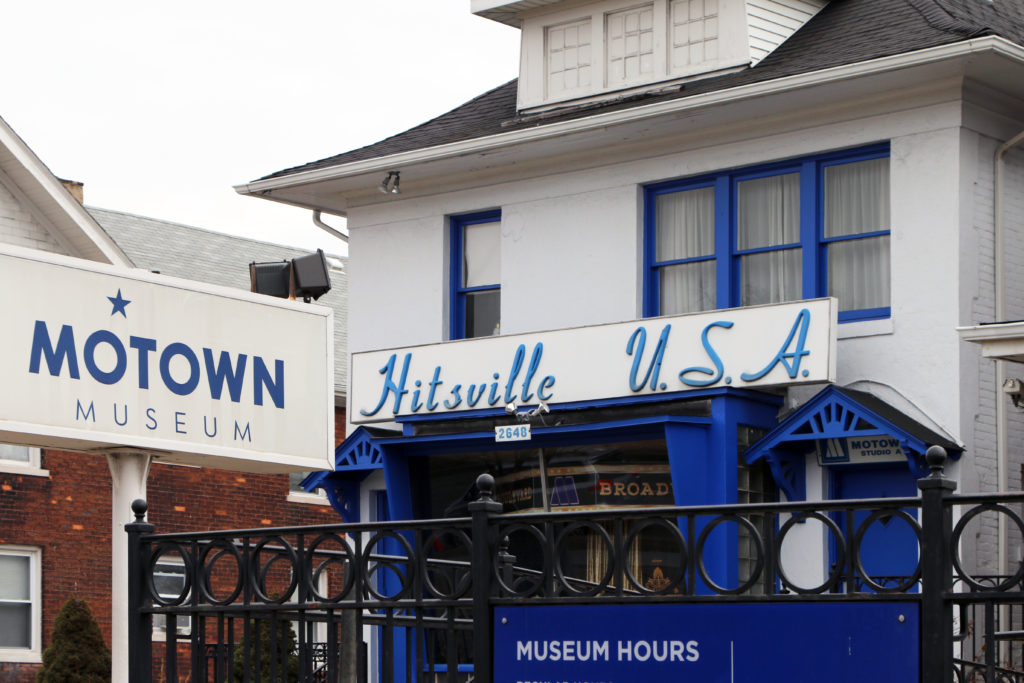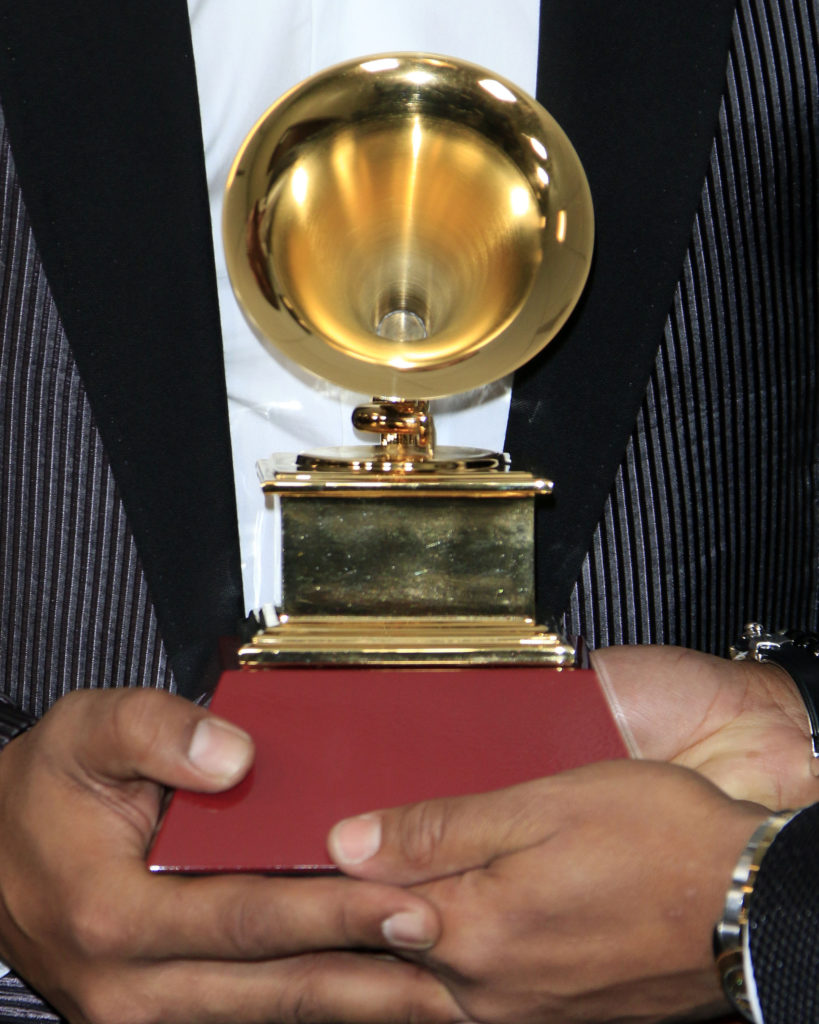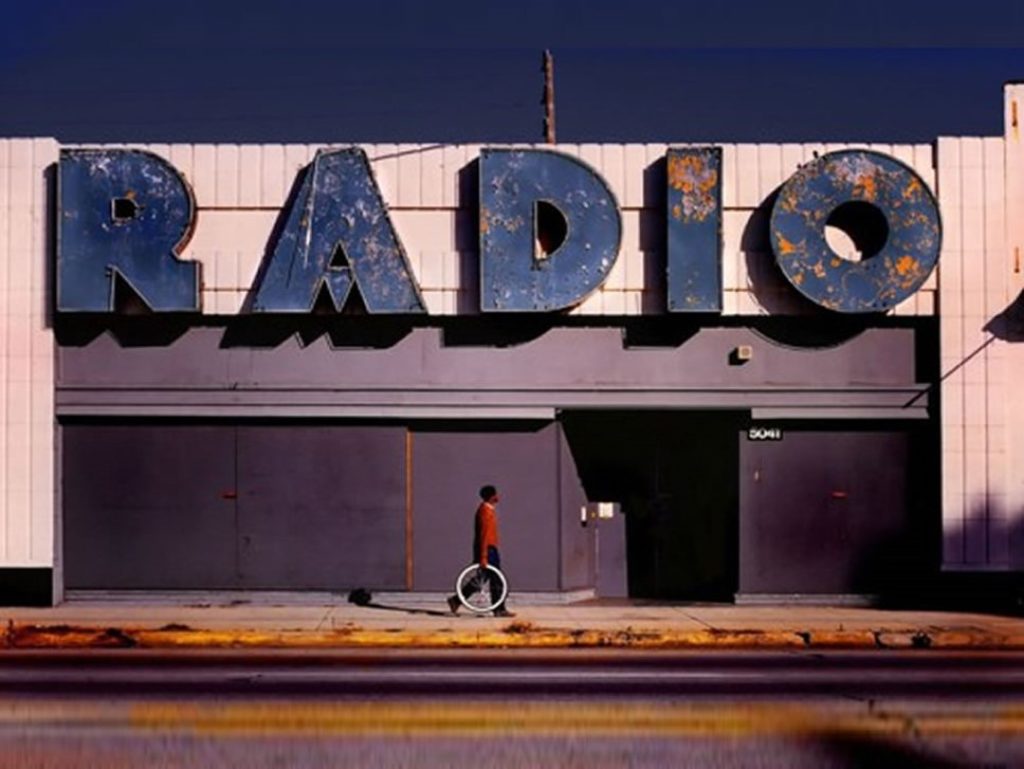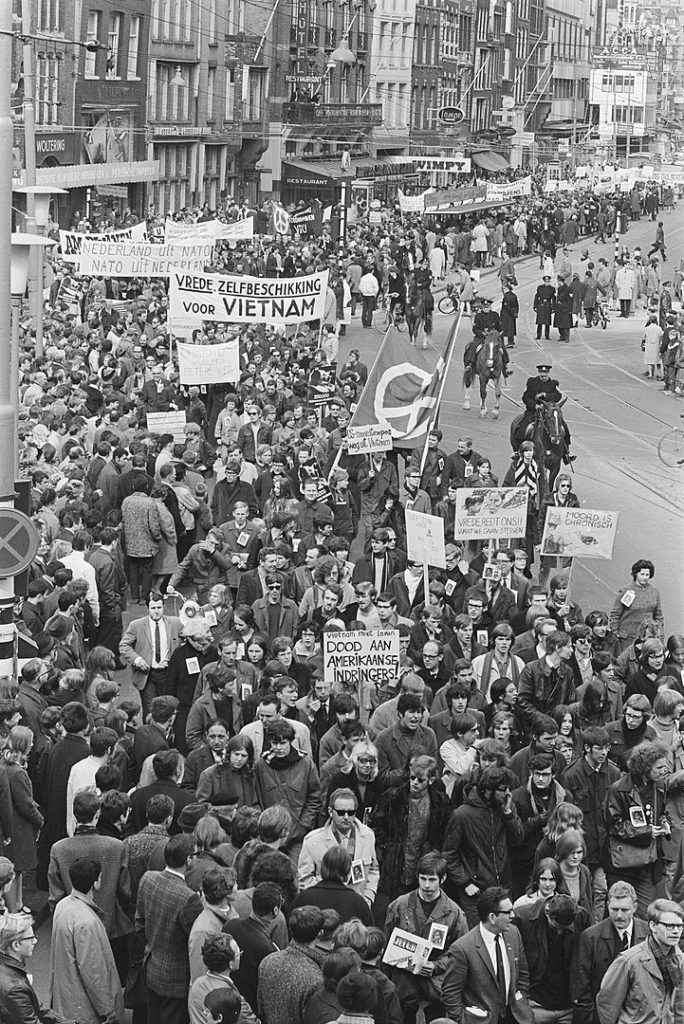How the music industry failed to answer Marvin Gaye’s call: “What’s Going On”
In year full of anniversary’s Marvin Gaye’s classic 1971 hit “What’s Going On” is turning 50. Here, Fred Jacobs explores the risks Gaye took in creating the song, and how it has endured and remained alarmingly relevant in the present day.
Guest post by Fred Jacobs of Jacobs Media Strategies
Among other things, 2021 seems to be the year of the Golden Anniversary.
Every time you turn around, something or someone iconic is turning 50.
In my world, recent celebrations have included WRIF and NPR. And then there’s Disney World, Amtrak, and yes, the invention of the frozen margarita. They’ve all turned the Big 5-0.
But one that caught me by surprise last week was the 50th anniversary of one of the most important songs in music history – Marvin Gaye’s “What’s Going On,” originally released in January of 1971.

Last week, Detroit’s Motown Museum was the centerpiece of the celebration of an amazing song that walked the fine line between protest and spirituality. It was an important musical statement about what was going on in America during that time.
And the fact it not only endures today, but retains its relevance, both musically and lyrically is an amazing tribute to Gaye. Brian McCollum, the Detroit Free Press music columnist, wrote a wonderful story about the Motown superstar, the amazing song itself, and how it still resonates in 2021. I recommend you read it.
Perhaps part of the issue is that we haven’t come that far in so many ways since then. Social justice, the state of our cities, the environment, and national and international instability were all topics addressed in a song that has always struck me not just as a statement of our times, but a question about who we are.
The fact “What’s Going On” eerily fits in with the mosaic of our chaotic lives today is a proof positive of Gaye’s ability to transform himself from one of Motown’s best soul artists to a self-aware musician who had important stories to tell. And in 1971, he had the stones to tell them.
Like Steve Wonder’s “Innervisions” album and the Temptations’ “Ball of Confusion,” Gaye’s anthem about those uncertain times elicited great doubt from his boss, Barry Gordy, Motown’s powerful founder and chief, who worried his artist was drifting away from his pop/soul core.
And it brings to mind the missed opportunities of the past year – or maybe past five years – when an equally anxious America was shaken to its core by social injustice, environmental crises, and of course, the pandemic, and all the disruption these events sowed.
The fact that President Nixon was fighting a war in Vietnam while a half century later, President Trump was battling his own demons in the war against the coronavirus provide yet another analogy that inexorably binds then and now together, even though they’re five decades apart.
And that calls into question something I’ve wondered about for several years, but especially during 2020, the “Year of COVID,” along with the Black Lives Matter movement and a Presidential election like no other.
Books, movies, TV mini-series, documentaries, and other cultural manifestations will soon be written and produced that address what was going on in America last year. It takes time and perspective to conceive them, create them, and release them.
But music can be made in the moment. And while it took Marvin Gaye months to visualize, write, and record “What’s Going On,” it is hard to imagine why an important artist of today – from any genre – hasn’t taken a chance on making a musical statement about the here and now. There certainly is a lot to sing about.
Tomorrow marks the one-year anniversary of George Floyd’s death, an important bookmark of 2020, a year none of us will ever forget. But none of it was memorialized in a song that captured the focus of millions of Americans.
A fascinating aspect of Gaye’s masterwork is that rather than pointing fingers or expressing anger, his song is more of an insightful statement of the times, sung by a weary, worried musical observer commenting on the state of his city – and his world.
Yes, music is often an escape. While Gaye was busy producing “What’s Going On,” Lobo gave us “Me And You And A Dog Named Boo,” Donny Osmond hit the charts with “Go Away Little Girl,” and one-hit wonder Jean Knight had a hit with “Mr. Big Stuff.” The pop charts could be as irrelevant and vapid then as they are today.
While the music of that era fueled the big Top 40 stations from KHJ to WABC to CKLW, FM rock stations were playing a different soundtrack: The Who’s “Won’t Get Fooled Again,” Ten Years After’s “I’d Love to Change the World,” and Cat Stevens’ “Peace Train” also hit the radio airwaves in ’71, making their marks.

Put your streaming stats away, as well as the profit and loss statements the big labels enjoyed last year. It was another banal year of music, with few exceptions. The Grammys can blame its all-time horrific ratings once again this year on the pandemic or on the fact that every awards show is struggling to attract viewers. A record low 8.8 million viewers bothered to watch America’s historic music awards show, down from 2020’s then record low 18.7 million viewers. The show – and the music industry itself – is failing to resonate with today’s consumers.
It also has to be a statement about the reticence of many big artists, afraid to step away from their carefully crafted images and calculated brand strategies to send a different message to fans looking for answers in the music over the air or in their earbuds.
That’s what Marvin Gaye did in 1971 with “What’s Going On.”
Rather than crippling his career, he redefined it. The song (which hit #2 on the Billboard charts) broke Gaye out of the Motown stable and into a class by himself. And it inspired an entire generation looking for an anthem of their times.

Tomorrow marks the one year anniversary of George Floyd’s death. That no song or contemporary artist has emerged in the same fashion in 2020 as a marker of these times may be attributable to a very different music and audio environment today, dominated by playlists and podcasts, rather than by radio airplay where we once communally experienced the same music played at the same time.
But it may also be the result of playing it safe, not wanting to offend any segment of an increasingly volatile and contentious public, willing at the drop of a song to take to social media to express their umbrage and outrage.
Oddly enough, the so-called “culture wars” that infect our society and our discourse were alive and well 50 years ago. America was divided then, as it is now, and the volume and anger were just as loud and just as palpable.
I am sure I will hear from some on this post, telling me about songs that came out last year with important messages and metaphors. And I don’t doubt for a moment they exist.
But the fact these musical reflections of our times failed to break through and become part of the soundtrack of 2020 is a statement in and of itself. That’s part of what makes Marvin Gaye’s feat of 1971 even more significant. For whatever the reason, it apparently can’t be done today.
What’s going on?
Fred Jacobs: President & Founder at Jacobs Media.
Fred Jacobs founded Jacobs Media in 1983, and quickly became known for the creation of the Classic Rock radio format.
Jacobs Media has consistently walked the walk in the digital space, providing insights and guidance through its well-read national Techsurveys.
In 2008, jacapps was launched – a mobile apps company that has designed and built more than 1,300 apps for both the Apple and Android platforms. In 2013, the DASH Conference was created – a mashup of radio and automotive, designed to foster better understanding of the “connected car” and its impact.
Along with providing the creative and intellectual direction for the company, Fred consults many of Jacobs Media’s commercial and public radio clients, in addition to media brands looking to thrive in the rapidly changing tech environment.
Fred was inducted into the Radio Hall of Fame in 2018.
